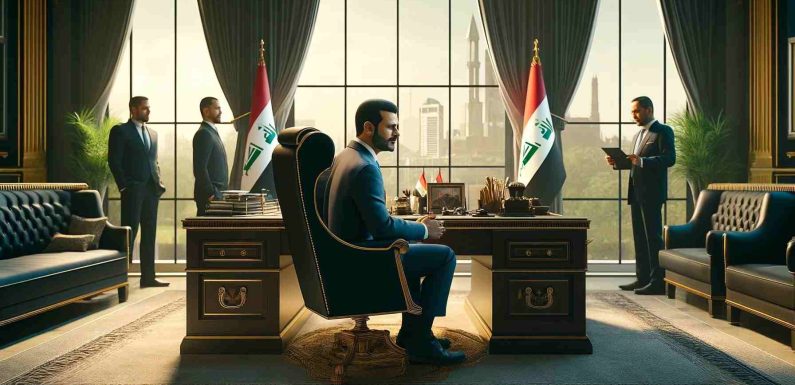
Adil Abdul-Mahdi was born on January 1, 1942. He is a top Iraqi politician. He was the Prime Minister of Iraq from October 2018 until November 2019. He resigned amid mass protests. Abdul-Mahdi had big roles in the economy and politics. They reflect his deep involvement in Iraq’s post-Saddam governance.
Early Life and Political Shifts
Abdul-Mahdi joined the Iraqi Communist Party in the 1960s. But, he later turned to Islamic ideas and was expelled from the party. This led him to France, where he continued his education and activism. He focused on promoting Ayatollah Khomeini’s ideas during the Iranian Revolution.
Political Career in Iraq
After the 2003 U.S. invasion, he returned to Iraq and took on big roles. He served as the Minister of Finance in the Interim government. Later, he was the Oil Minister from 2014 to 2016. Abdul-Mahdi was also the Vice President of Iraq from 2005 to 2011, which shows his long role in the country’s top administration.
As Prime Minister
Abdul-Mahdi’s time as Prime Minister was tough. He worked to stabilize Iraq during political and economic problems. His government faced big challenges, including protests over services and corruption, which led to his resignation. He led attempts at economic reform. He also worked to keep a balance in foreign relations amid regional tensions.
Key Contributions and Policies
During his premiership, Abdul-Mahdi focused on improving Iraq’s infrastructure and economy. He unveiled a $14 billion plan to upgrade Iraq’s electricity grid. He aimed to modernize the nation’s economy. He did this while dealing with the pressures of political factions. He also faced public discontent.
Legacy and Resignation
He resigned because the public was very upset. They were upset about corruption, lack of services, and job opportunities. His decision to step down was a response to the Iraqi populace’s demands for a political overhaul.
Adil Abdul-Mahdi’s political journey shows the complexities of governing in post-conflict Iraq. He worked to navigate internal strife and external pressures. His time in office shows the ongoing challenges in Iraqi politics. Economic reforms, public services, and foreign relations are closely linked. They are linked with the nation’s path to stability and growth.
Tech World Times (TWT), a global collective focusing on the latest tech news and trends in blockchain, Fintech, Development & Testing, AI and Startups. If you are looking for the guest post then contact at techworldtimes@gmail.com

